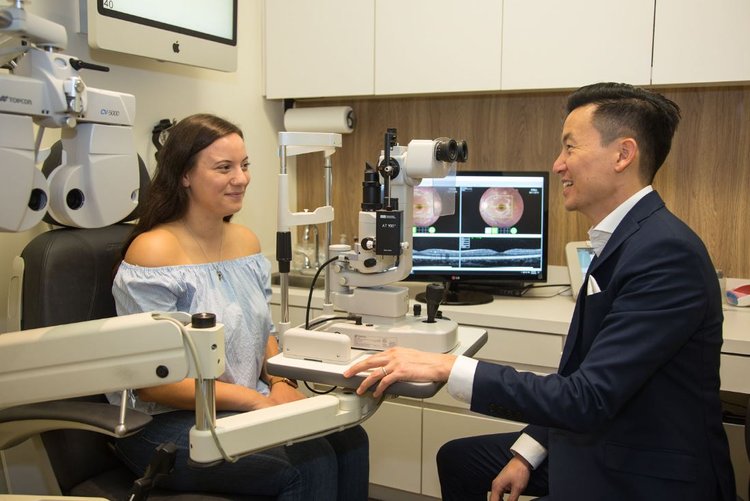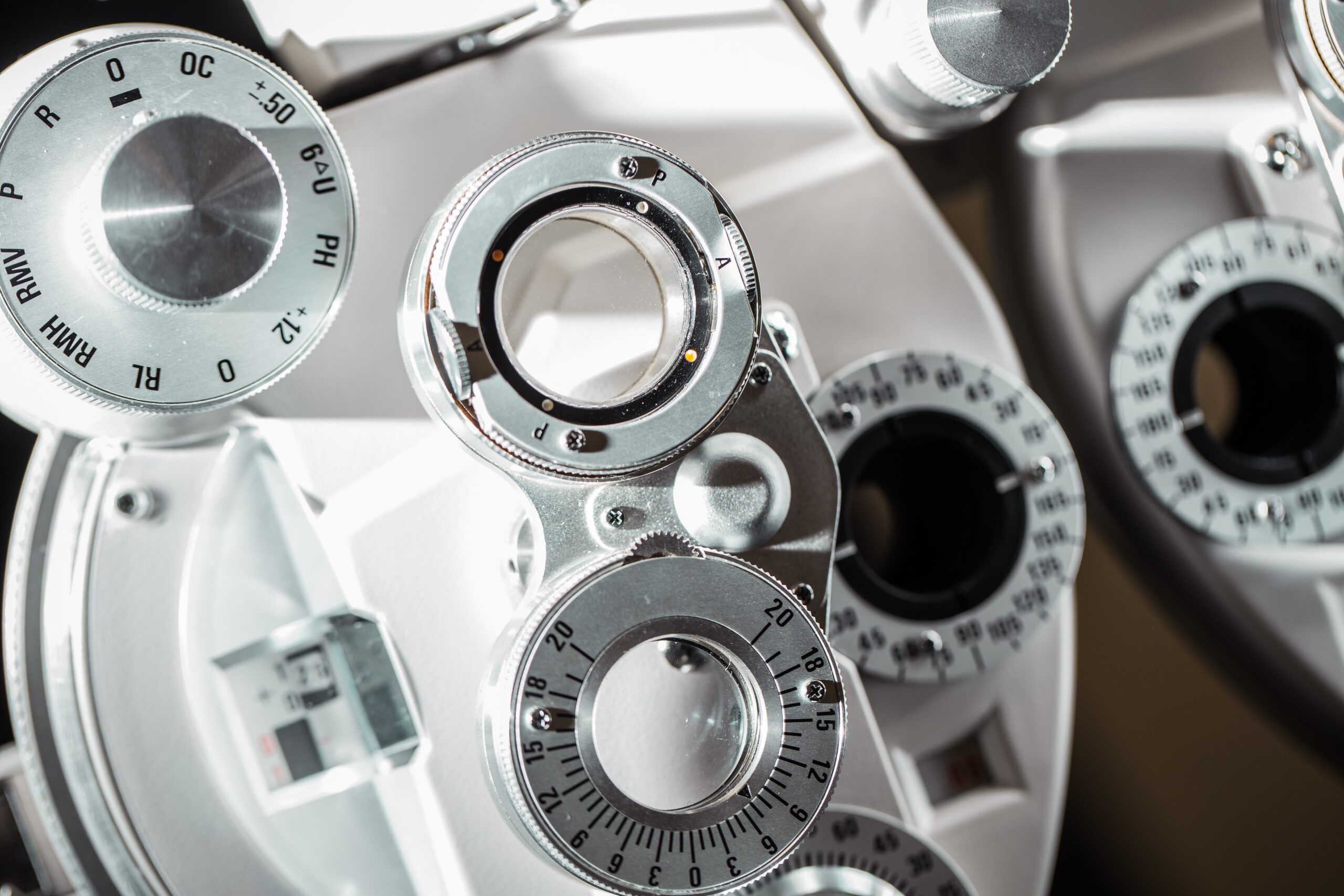Patient Resources
Lattice Degeneration
Your Journey to a Fulfilling Life
Patient Resources
Latest Insights
Lattice Degeneration
What You Need to Know
Lattice degeneration is a retinal condition that affects approximately 10% of the population. While it’s often harmless, it’s crucial to understand the potential risks associated with it. In rare cases, lattice degeneration can lead to retinal holes or detachments, which may result in vision loss if left untreated. Here’s what you need to know about this condition and how to protect your vision.
Lattice degeneration occurs when the retina, the light-sensitive layer at the back of your eye, becomes thin and fragile. While many people with lattice degeneration experience no symptoms, the condition can sometimes increase the risk of:
-
Retinal holes: Tiny breaks in the retina, which can allow fluid to seep under it.
-
Retinal detachment: When the retina separates from the back of the eye, leading to potential vision loss if not treated promptly.
Early detection is key to managing lattice degeneration and preventing complications.


Who Is at Higher Risk?
Certain individuals are more likely to develop lattice degeneration, including Nearsighted individuals (myopes). These are people who are nearsighted have a higher likelihood of thinning in the retina, making them more susceptible to lattice degeneration and its associated risks.
How Can You Detect Lattice Degeneration?
The good news is that modern technology makes it easier than ever to detect lattice degeneration early. Tools like the Optomap®, an ultra-wide-field digital scan, allow eye care professionals to identify thinning areas, small retinal holes, or other signs of lattice degeneration before they lead to serious complications.
What Can You Do?
Take your medications
Comprehensive eye exams allow your optometrist to monitor the health of your retina and detect any early signs of thinning or detachment.
Watch for Warning Signs
Be alert to the following symptoms, which could indicate a retinal hole or detachment; Flashes of light, increase in floaters, a dark curtain across your vision, or sudden onset blurry vision.
![AdobeStock_582517187 [Converted]_vv copy 3](https://onevisionoptometry.com/wp-content/uploads/2024/11/AdobeStock_582517187-Converted_vv-copy-3.png)
Act Immediately if Symptoms Arise
These signs may indicate a sight-threatening retinal detachment that requires immediate attention. Laser treatments can often resolve the issue when detected early. Don’t wait—call your optometrist or visit the ER if you experience any of these symptoms.
